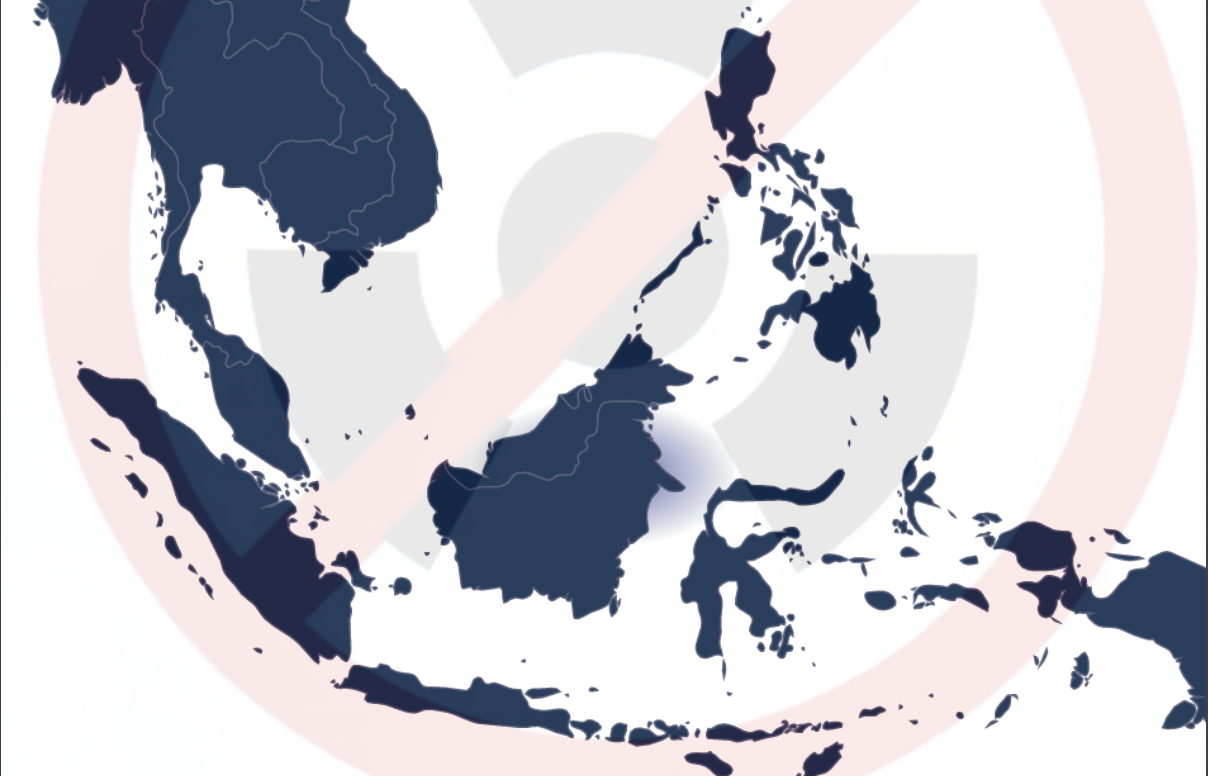Pacific Forum Releases Exclusive Report on Southeast Asia’s Response to China’s Expanding Nuclear Arsenal
Key Insights into Regional Security Strategies Amid Growing U.S.-China Tensions
Honolulu, HI - September 18, 2024 – Pacific Forum has released a new, comprehensive report that explores the security challenges posed by China’s rapid nuclear expansion and its implications for Southeast Asia.
The report, funded by the U.S. Defense Threat Reduction Agency (DTRA), offers exclusive data on how Southeast Asian nations, including Indonesia, Malaysia, the Philippines, Singapore, and Vietnam, are reacting to China’s growing nuclear capabilities and the potential for U.S.-China nuclear competition.
Despite China doubling its nuclear warhead stockpile to between 438 and 500 warheads in recent years, the report finds that most Southeast Asian countries do not perceive this nuclear buildup as an immediate threat to their national security. Instead, these nations remain focused on addressing conventional security challenges posed by China, particularly in the South China Sea.
“This report reveals a critical gap in Southeast Asia’s perception of the nuclear threat,” said Dr. Jeffrey Ordaniel, Director of Maritime Security at Pacific Forum. “While China’s nuclear arsenal is expanding at a significant rate, regional governments are more concerned with low-intensity maritime coercion and conventional military threats. This could leave them unprepared for the broader strategic competition unfolding between the U.S. and China.”
Key Findings from the Report:
- Nuclear Threat Perception: Regional countries do not expect China to use nuclear weapons or engage in nuclear brinkmanship. The focus remains on conventional security concerns, such as territorial disputes in the South China Sea.
- Conventional Security Focus: Southeast Asian nations are prioritizing security sector capacity-building, including acquisitions of Coast Guard vessels and infrastructure improvements to enhance maritime domain awareness and intelligence.
- China’s Conventional Superiority: Despite China’s growing nuclear arsenal, experts across the region believe that Beijing’s conventional weapons, particularly its Anti-Access/Area-Denial (A2/AD) capabilities, are sufficient for it to achieve its strategic objectives without resorting to nuclear force.
- Southeast Asia Nuclear Weapon-Free Zone (SEANWFZ) Treaty: Southeast Asian states remain committed to the SEANWFZ Treaty, but challenges persist as nuclear powers, including China and the U.S., have not signed its Protocol. The report warns that China could use SEANWFZ to challenge the presence of U.S. nuclear assets in the region.
- Potential for U.S.-China Nuclear Arms Race: The report underscores concerns that if U.S.-China nuclear competition intensifies, it could destabilize Southeast Asia and undermine regional security.
Exclusive Insights and Timely Relevance
As tensions between the U.S. and China continue to grow, this report offers valuable insights for policymakers and defense experts navigating the complexities of nuclear deterrence and regional security. With 350,000 Indonesian citizens and 240,000 Vietnamese citizens living in Taiwan, Southeast Asian nations are also exploring evacuation strategies in the event of a potential U.S.-China conflict over Taiwan.
“The findings clearly show that while Southeast Asia focuses on conventional threats, the rapidly changing nuclear landscape could force the region to reconsider its strategic priorities,” said Dr. Jeffrey Ordaniel, Director of Maritime Security at Pacific Forum.
For exclusive interviews, in-depth analysis, or access to the full report, please contact:
Shanna Khayat, Communications Manager, at shanna@pacforum.org.
Find the full report here.
Find Appendix on pages 12-23.
